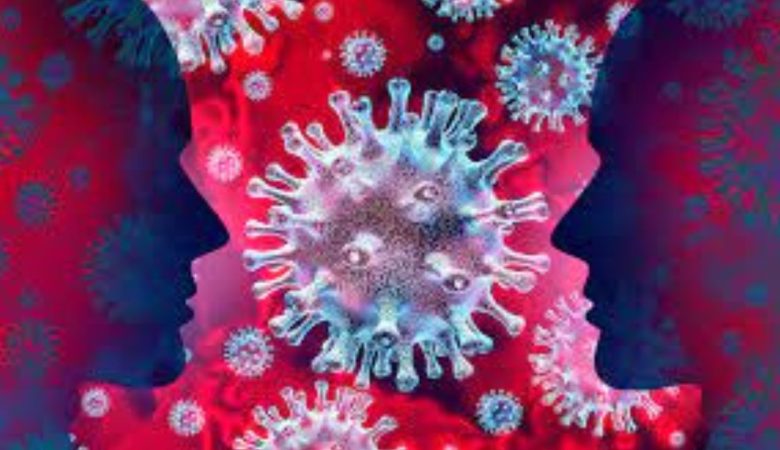In the intricate symphony of hormones that orchestrate the functioning of our bodies, one unsung hero often overlooked is pregnenolone. This fascinating compound, often called the “mother of all hormones,” plays a pivotal role in the endocrine system, influencing the production of various hormones essential for overall well-being. In this article, we’ll delve into the depths of pregnenolone, exploring its origins, functions, and the potential benefits it may offer.
The Genesis Of Pregnenolone
Pregnenolone for menopause is a steroid hormone precursor to several other hormones, including progesterone, estrogen, testosterone, and cortisol. It is synthesized primarily in the adrenal glands, gonads, and the brain. Often termed the “grand precursor,” pregnenolone is a critical player in the hormonal cascade, influencing the production of other hormones that regulate numerous physiological processes.
Functions Of Pregnenolone
- Neurosteroid Production
One of pregnenolone’s primary roles is its involvement in synthesizing neurosteroids. These hormones affect the nervous system, crucial in cognitive function, mood regulation, and overall brain health. Pregnenolone itself is known to have neuroprotective properties, potentially enhancing memory and cognitive function.
- Stress Response and Cortisol Regulation
Pregnenolone is intricately linked to the body’s stress response. In times of stress, the hormone helps regulate the production of cortisol, often called the “stress hormone.” By modulating cortisol levels, pregnenolone plays a role in preventing the detrimental effects of chronic stress on the body, such as impaired immune function and cognitive decline.
- Hormone Production
Pregnenolone is a precursor to sex hormones, including progesterone, estrogen, and testosterone. These hormones are vital for reproductive health, influencing fertility, menstrual cycles, and sexual characteristics. Maintaining a balanced production of these hormones is crucial for overall well-being, and Pregnenolone for menopause contributes to this equilibrium.
Potential Benefits Of Pregnenolone
- Cognitive Enhancement
Research suggests that pregnenolone may have cognitive-enhancing effects. As a neurosteroid, it interacts with receptors in the brain, influencing learning, memory, and overall cognitive function processes. Some studies have explored its potential role in age-related cognitive decline and neurodegenerative disorders.
- Mood Regulation
Pregnenolone’s impact on neurosteroid production extends to mood regulation. It is believed to have mood-stabilizing effects, and research indicates its potential as a therapeutic option for conditions like depression and anxiety. By modulating neurotransmitter activity, pregnenolone may contribute to emotional well-being.
- Hormonal Balance
The role of pregnenolone in synthesizing sex hormones underscores its importance in maintaining hormonal balance. An imbalance in sex hormones can lead to various health issues, including reproductive disorders, mood disturbances, and compromised bone health. Pregnenolone supplementation may be considered in cases where hormonal imbalances are identified.
- Stress Resilience
Given its involvement in the stress response, pregnenolone may contribute to stress resilience. Helping regulate cortisol levels could mitigate chronic stress’s negative impact on the body and mind. This aspect of pregnenolone’s function makes it a subject of interest in the field of stress management and mental health.
Considerations And Precautions
While Pregnenolone for menopause shows promise in various areas, it’s essential to approach its use with caution. As with any hormonal intervention, individual responses can vary, and consulting with a healthcare professional is crucial before considering pregnenolone supplementation. Moreover, the long-term effects and safety of pregnenolone supplementation are still being researched, and it’s important to stay informed about the latest findings in the field.
Conclusion
In the complex web of hormones that regulate our bodies, pregnenolone stands out as a multifaceted player with far-reaching implications. From influencing neurosteroid production to regulating stress response and contributing to hormonal balance, pregnenolone’s role is expansive and intricate. As research continues to unveil the mysteries surrounding this “mother of all hormones,” it opens up new possibilities for addressing cognitive decline, mood disorders, and hormonal imbalances.
While pregnenolone may not be a household name, its significance in maintaining the delicate balance of our physiological processes cannot be overstated. As we navigate the realms of hormonal harmony, acknowledging the role of pregnenolone invites us to explore new avenues for optimizing our health and well-being.












